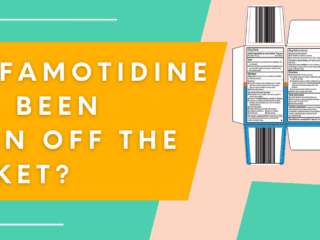Generic Name: Fluoxetine
Brands: Prozac
Class: Selective serotonin reuptake inhibitor (SSRI)
Availability: Prescription needed
Molecular Formula: C17H18F3NO
Substance UNII: I9W7N6B1KJ
What is Fluoxetine?
Fluoxetine is a selective serotonin reuptake inhibitor (SSRI). It is often sold under the trade name Prozac.
What is Fluoxetine Used For?
Medical providers may prescribe fluoxetine for the treatment of major depression disorder (MDD), obsessive compulsive disorder (OCD), bulimia nervosa, panic disorder, and premenstrual dysphoric disorder (PMDD). Patients may also use this medication in combination with other drugs in the treatment of depressive disorders due to bipolar I disorder and treatment-resistant depression.
How Does Fluoxetine Work?
Fluoxetine (Prozac) belongs to a popular class of antidepressants known as selective serotonin reuptake inhibitors, or SSRIs. Many people with depression and related disorders have lower levels of serotonin, a neurotransmitter strongly associated with mood. Experts believe this medication helps by inhibiting the reuptake (reabsorption) of serotonin, allowing this “feel-good chemical” to remain in the central nervous system (CNS) for longer periods of time. Notably, experts often associate stabilizing serotonin levels in the CNS with elevated and/or stabilized mood.
How Long Does it Take for Fluoxetine to Work?
Patients should expect their symptoms to begin improving within the first week or two of starting Prozac. However, it could take anywhere from 4 to 6 weeks to feel the full effects of this medication.
Do Not Use Fluoxetine If:
Prozac (fluoxetine) is just one of many antidepressants available, and it may not be the right choice for everyone. The FDA states the following should not use this drug:
- Patients who are currently taking monoamine oxidase inhibitors (MAOIs) or have taken MAOIs within 14 days (2 weeks) of starting fluoxetine
- People undergoing treatment with either linezolid (Zyvox) or intravenous (IV) methylene blue (ProvayBlue)
- Patients taking pimozide (Orap)
- Patients taking thioridazine
Please note that this list may not be complete, and there may be other situations where use of this drug is not advisable.
Disclaimer: this article does not constitute or replace medical advice. If you have an emergency or a serious medical question, please contact a medical professional or call 911 immediately. To see our full medical disclaimer, visit our Terms of Use page.








